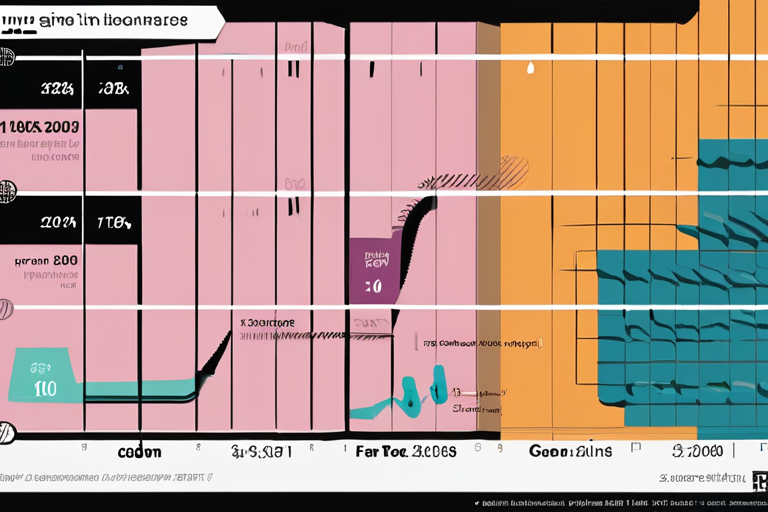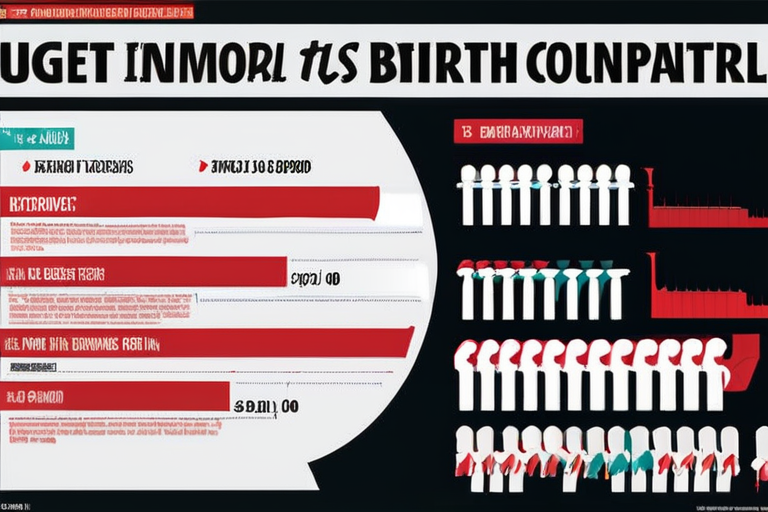A stock of U.S.-bought birth control, meant for sub-Saharan Africa, goes bad in Belgium
The U.S. government's efforts to provide contraceptives to sub-Saharan Africa have hit a snag, with reports emerging that a significant portion of the stockpile has gone bad due to improper storage in Belgium. The news has sparked concerns about the financial implications of the situation and the potential impact on the global market for reproductive health products.
According to officials, the stockpile of contraceptives, valued at $9.7 million, was purchased by the U.S. government and stored in a warehouse in Geel, Belgium. However, an additional 20 truckloads of supplies were discovered in the village of Kallo, which were stored improperly and are now unusable. The total value of the affected stockpile is estimated to be around $20 million.
The financial implications of this situation are significant, particularly for the companies involved in the production and distribution of reproductive health products. The U.S. government's decision to scale back foreign aid earlier this year led to a buildup of stockpiles in various countries, including Belgium. The improper storage of these supplies has now resulted in a significant loss of value, which could have a ripple effect on the global market.
The market impact of this situation is likely to be felt in the coming months. The global market for reproductive health products is a multi-billion dollar industry, with companies such as Pfizer, Merck, and Johnson & Johnson playing a significant role. The loss of value in the U.S.-purchased contraceptives could lead to a decrease in demand for these products, which could have a negative impact on the companies involved.
The company context of this situation is complex, with multiple stakeholders involved. The U.S. government's decision to scale back foreign aid led to a buildup of stockpiles in various countries, including Belgium. The improper storage of these supplies has now resulted in a significant loss of value, which could have a ripple effect on the global market.
The future outlook for the global market for reproductive health products is uncertain, particularly in light of the recent developments in Belgium. The loss of value in the U.S.-purchased contraceptives could lead to a decrease in demand for these products, which could have a negative impact on the companies involved. However, it is also possible that the situation could lead to increased investment in the production and distribution of reproductive health products, particularly in sub-Saharan Africa.
In conclusion, the situation in Belgium highlights the complexities of the global market for reproductive health products and the potential risks associated with improper storage and distribution of these supplies. The financial implications of this situation are significant, and the market impact is likely to be felt in the coming months.



























Share & Engage Share
Share this article